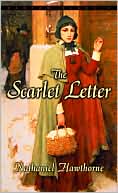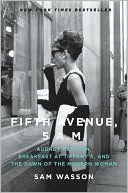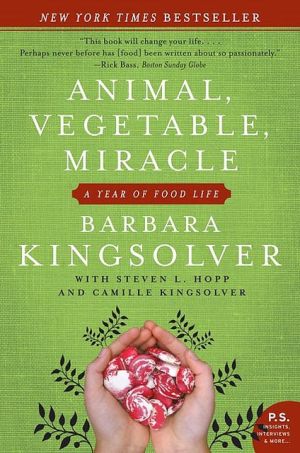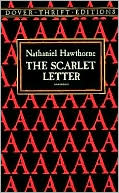Reading Edith Wharton Through a Darwinian Lens: Evolutionary Biological Issues in Her Fiction
Beneath the polished surface of the genteel environments delineated in Wharton's fiction, characters are competing fiercely for desirable mates, questing for social status and resources, and plotting ruthlessly to advance their relatives' fortunes in life. This book identifies these and other evolutionary issues central to her fiction, demonstrating their significance in terms of character, setting, plot, and theme. Connections to existing Wharton criticism are made throughout the book, so...
Search in google:
Beneath the polished surface of the genteel social environments most often delineated in Edith Wharton's fiction, readers observe characters competing fiercely for desirable mates, questing for social status and resources, and plotting ruthlessly to advance their relatives' fortunes in life. This book identifies these and other evolutionary issues central to Edith Wharton's fiction, demonstrating their significance in terms of character, setting, plot, and theme.Discussing whether and when Wharton's characters' behavior is evolutionarily adaptive, that is, whether it promotes the passing on of genes, places Wharton's social criticism in a useful new framework, opening the way to richer comprehension of her views on human nature. Connections to existing Wharton criticism are made throughout the book, so that readers can see how an evolutionary perspective enriches, refutes, or reconfigures insights derived from other critical approaches.
Introduction 11 The House of Mirth: An Unsuccessful Mate Search 72 The Reef: The Costs of Conflict Between the Sexes 353 The Age of Innocence: Nepotistic Influences on Mating Behavior 684 The Glimpses of the Moon: A Creative Experiment in Long-Term Mating 1035 The Old Maid and "Roman Fever": Female Mate Choice and Competition Among Women 1396 The Children: Social Environment and Parental Investment 167Conclusion: Evolutionary Biological Preoccupations in Wharton's Fiction 184Glossary 213Chapter Notes 215Works Cited 233Index 239








